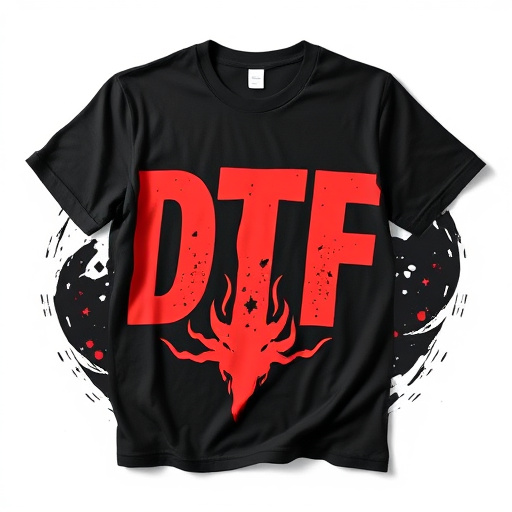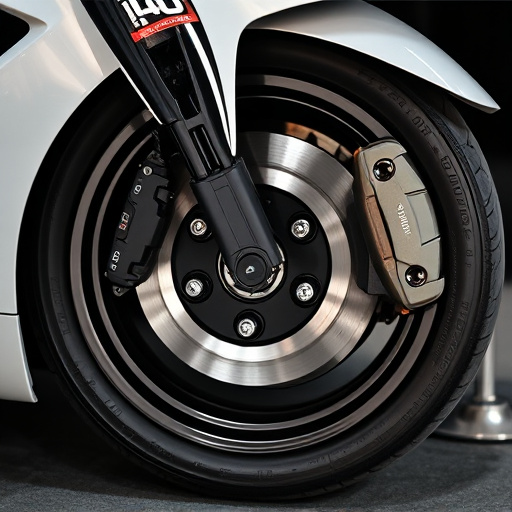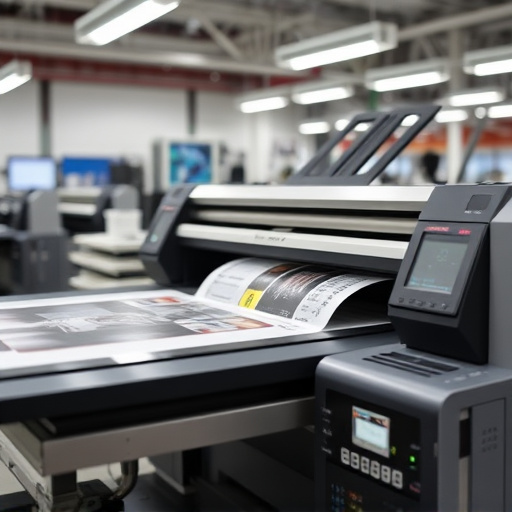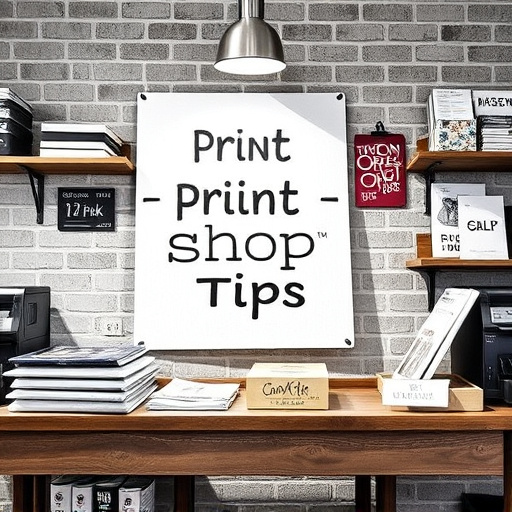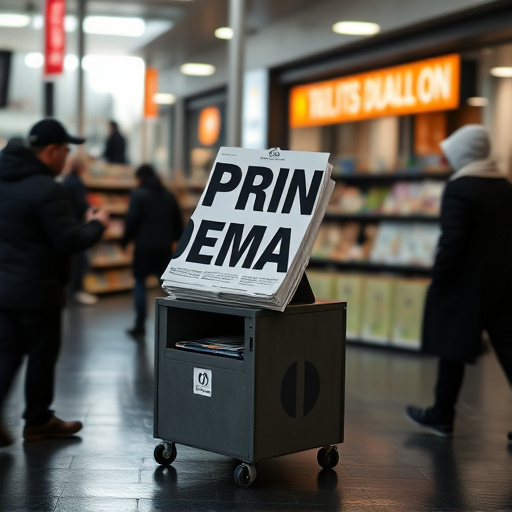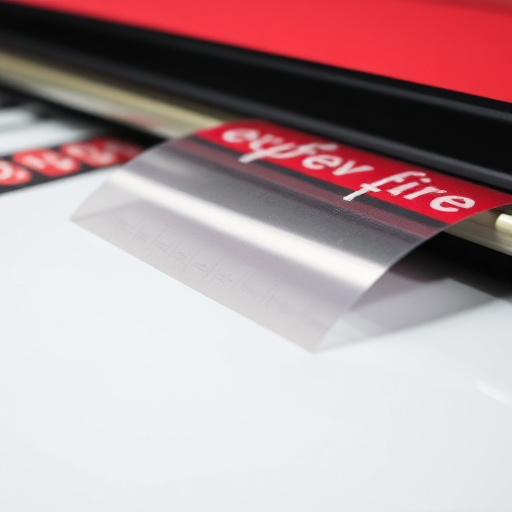Direct to Film (DTF) printing offers apparel startups an efficient and cost-effective way to handle bulk orders by eliminating setup processes and expensive machinery, enabling on-demand production without large minimum quantities. To master DTF bulk orders, brands should focus on strategic planning, including using high-quality transfer sheets, innovative design software, demand forecasting, automated lines, and adequate inventory management for quality consistency and future growth.
In today’s competitive fashion landscape, apparel startups are constantly seeking strategies to streamline production and reduce costs. One game-changer that has gained traction is Direct-to-Factory (DTF) sourcing for bulk orders. This innovative approach enables startups to bypass traditional middlemen, offering significant advantages in terms of pricing, quality control, and lead times. By directly engaging with factories, DTF bulk orders provide a cost-effective solution, allowing startups to thrive and expand their market reach.
- Understanding DTF: A Solution for Startups
- Benefits of DTF for Bulk Apparel Orders
- Strategies to Execute Successful DTF Bulks
Understanding DTF: A Solution for Startups

Apparel startups face unique challenges when scaling their production—one significant hurdle is managing bulk orders efficiently and cost-effectively. This is where Direct to Film (DTF) printing enters as a game-changer. DTF technology offers a streamlined solution for startups by enabling them to produce custom designs on various materials, especially light fabrics, with remarkable speed and precision.
With DTF printing, startups can bypass the need for intricate set-up processes and expensive machinery typically associated with traditional printing methods. It allows for on-demand production, where orders can be swiftly fulfilled without large minimum quantities. This direct-to-film approach ensures that startups can cater to diverse customer demands while maintaining flexibility in their operations, making it an ideal choice for bulk orders in the apparel industry.
Benefits of DTF for Bulk Apparel Orders
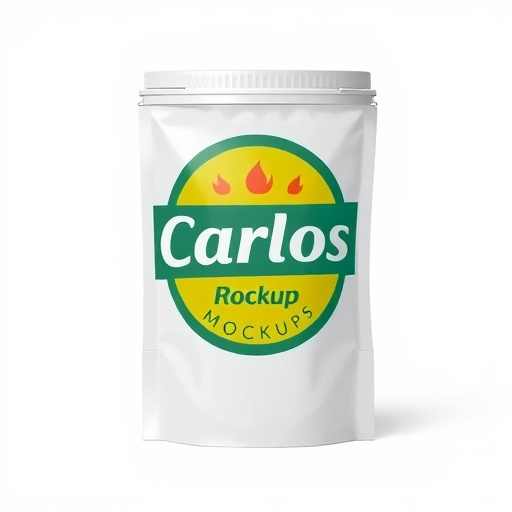
Direct to Garment (DTF) printing has emerged as a game-changer for apparel startups looking to handle bulk orders efficiently and cost-effectively. One of its key advantages is the ability to print on demand, eliminating the need for large upfront investments in inventory. This not only reduces financial risk but also ensures that clothing brands can swiftly adapt to changing market trends and consumer preferences.
Additionally, DTF excels in its versatility, allowing intricate designs and vibrant colors to be replicated accurately on a variety of fabrics, including dark ones. The technology enables startups to create custom logos and unique patterns with precision, making their products stand out. This level of customization is particularly appealing for smaller brands aiming to establish a strong identity in the competitive apparel market.
Strategies to Execute Successful DTF Bulks
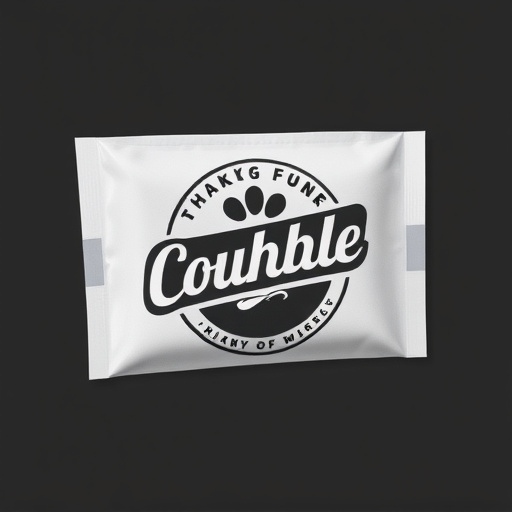
To execute successful DTF (Direct to Fabric) bulk orders, apparel startups should strategize around several key factors. First and foremost, selecting the right dtf transfer sheets is paramount; choosing high-quality materials ensures a crisp print that withstands washing and wear. Incorporating innovative design software can also enhance the process, allowing for intricate and personalized graphics tailored to each customer’s order.
Additionally, efficient inventory management is crucial. Startups should anticipate demand, ensuring they have sufficient stock of various dtf printing for t-shirts in different sizes and styles. Streamlining the production line with automated dtf printing techniques can significantly boost output capacity while maintaining consistency in quality. This approach not only caters to bulk orders but also prepares the startup for future growth and increased customer demands.
Apparel startups can greatly benefit from embracing DTF (Direct-to-Factory) bulk ordering as a strategic solution. By partnering directly with manufacturers, these businesses gain access to cost-effective production, faster turnaround times, and increased flexibility. Implementing well-planned strategies for executing DTF bulks ensures success in meeting demand without the usual startup hurdles. Adopting this approach empowers apparel startups to thrive and compete effectively in the market by offering unique, high-quality products at competitive prices.





